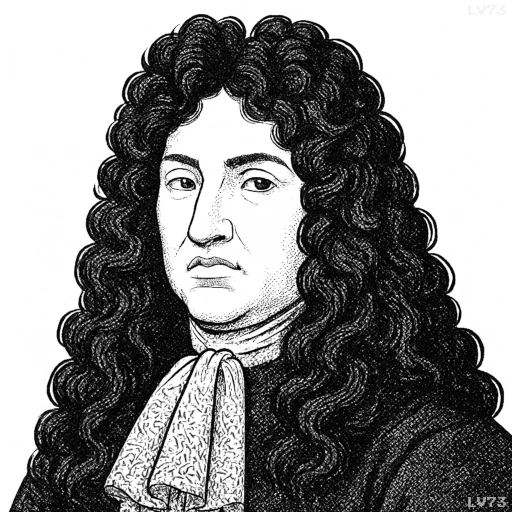“The King of Spain displayed his esteem for me in a manner that I confess flattered me pleasantly when, after the death of Don Luis de Haro, he stated publicly in front of all the foreign ambassadors that he wanted to follow my example in not having a prime minister any longer.”

- September 5, 1638 – September 1, 1715
- Born in France
- King of France
table of contents
Quote
“The King of Spain displayed his esteem for me in a manner that I confess flattered me pleasantly when, after the death of Don Luis de Haro, he stated publicly in front of all the foreign ambassadors that he wanted to follow my example in not having a prime minister any longer.”
Explanation
This quote is attributed to Louis XIV, the King of France, and reflects his approach to absolute monarchy, where the monarch held supreme power and authority without the need for a prime minister or other intermediary figures. Louis XIV famously said, “L’état, c’est moi” (“I am the state”), highlighting his belief in the centralization of power within the monarchy. His decision to not rely on a prime minister, a role that was common in other European monarchies, was part of his broader policy of personal rule and direct control over the French government.
The historical context of the quote is significant as it reflects the competitive nature of European monarchies during the 17th century, particularly between France and Spain. The King of Spain‘s decision to follow Louis XIV’s example after the death of Don Luis de Haro, his prime minister, was seen as a tribute to Louis’s success in consolidating power and asserting royal authority. This move was also a reflection of the tension and rivalry between the two monarchies at the time.
In modern terms, the quote speaks to the idea of centralized leadership and personal authority in political systems. While most contemporary governments rely on prime ministers or executives to manage daily affairs, there are still examples of leaders who prefer a more centralized or direct form of governance, where the leader holds primary responsibility without delegating key decisions to subordinates. One such example could be seen in authoritarian regimes, where the leader often consolidates power and minimizes the role of other officials.
Would you like to share your impressions or related stories about this quote in the comments section?


